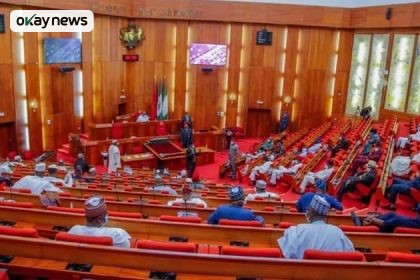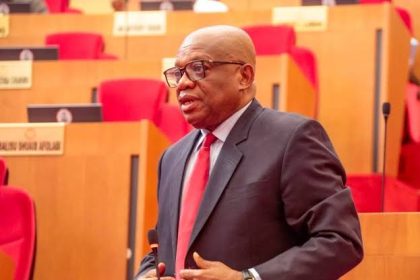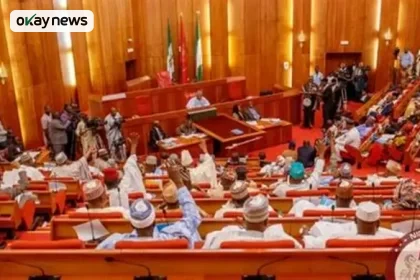The Central Bank of Nigeria (CBN) has taken a significant step to curb forex speculation and stabilise the naira by issuing new guidelines that severely restrict Bureau de Change (BDC) operators. The CBN now limits BDCs to purchasing a maximum of $25,000 per week from a single authorized dealer bank, effective immediately.
This move, outlined in a circular issued by the CBN’s Trade and Exchange Department, aims to enhance transparency and regulate the retail foreign exchange market. “Authorised dealers shall sell foreign exchange cash to BDCs subject to a maximum of USD25,000.00 to a BDC per week,” the circular states. BDCs can only source their weekly allocation from one chosen bank, with any deviation attracting severe sanctions.
Furthermore, the CBN has mandated that BDCs sell forex at the prevailing rate in the Nigerian Foreign Exchange Market (NFEM) window, ensuring consistency in pricing across the market. The CBN imposes a one per cent cap on the margin BDCs can charge end-users above their purchase rate to prevent excessive pricing. These restrictions apply to all forex sold by BDCs, regardless of its source, to ensure consumers avoid exorbitant charges.
The guidelines also introduce stringent reporting requirements for both BDCs and authorised dealer banks. Banks must submit weekly reports on forex sales to BDCs to the CBN, while BDCs must submit daily returns on their forex transactions through the Financial Institutions Forex Reporting System.
Read Also: CBN Extends FX Sales to BDCs Until May 30th to Ease Retail Demand
To further safeguard against illicit activities, the CBN has restricted the use of BDC-purchased forex to specific transactions, including business and personal travel allowances, overseas school fees, and medical expenses. A quarterly disbursement cap of $5,000 has been set for each end-user.
“This latest policy move is part of the CBN’s broader strategy to stabilise the naira, prevent forex speculation, and improve liquidity in the foreign exchange market,” stated [Source: Quote from a relevant financial analyst or economist on the impact of these regulations].
The CBN’s directive also emphasises strict adherence to Anti-Money Laundering (AML) laws and Know Your Customer (KYC) requirements. BDCs must maintain detailed records of all transactions, including the Bank Verification Number (BVN) of end-users and an endorsement of the disbursed amount in the beneficiary’s international passport.
This move by the CBN is a significant step towards regulating the forex market and ensuring its stability. While some may argue that these restrictions could impact the ease of accessing foreign exchange for legitimate purposes, the CBN maintains that these measures are crucial to curb speculation, prevent illicit activities, and ultimately strengthen the Nigerian economy.







